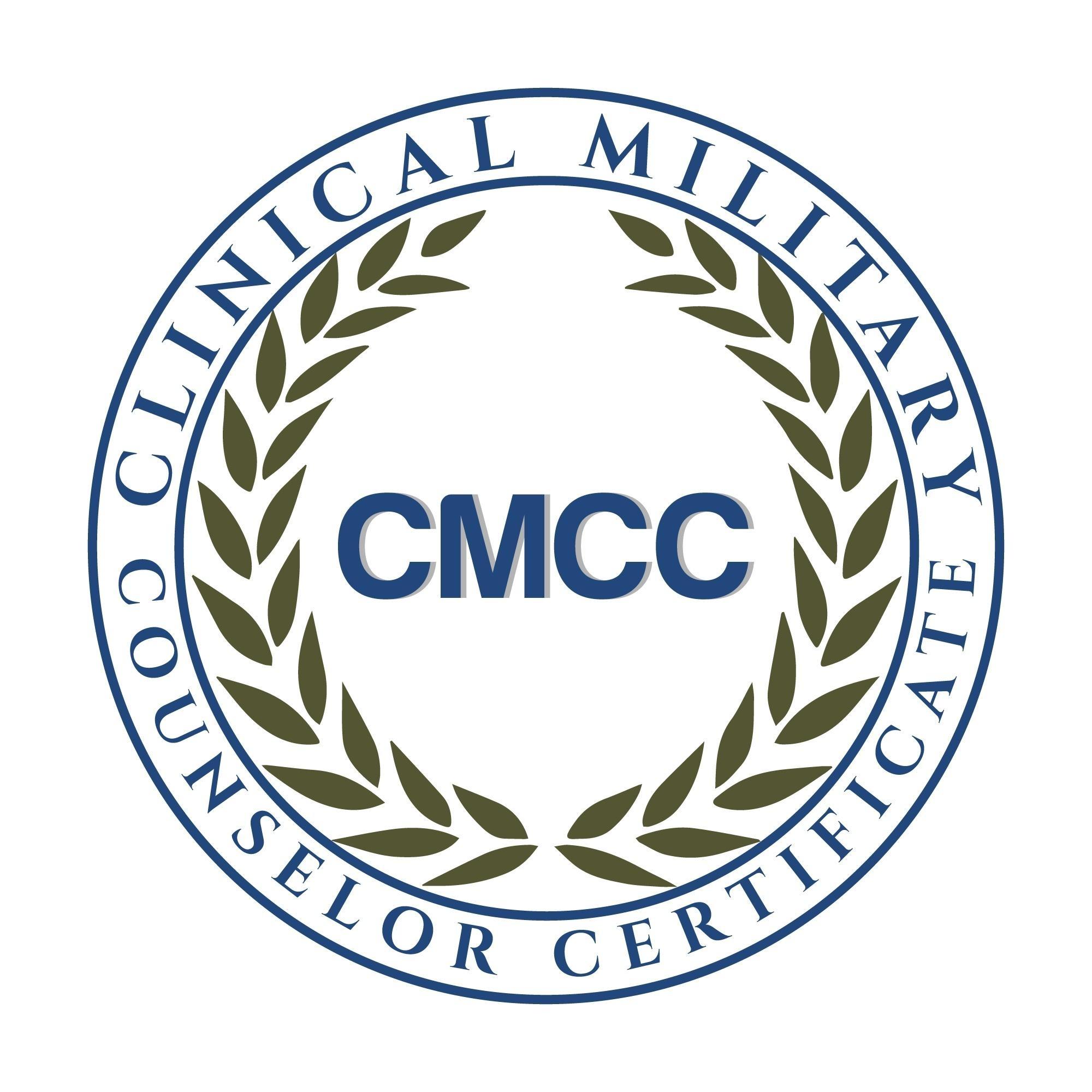BRIEF HISTORY AND PROGRAM DESIGN OF
CLINICAL MILITARY COUNSELING CERTIFICATE (CMCC)
Brief History and Design of CMCC
The military community has become an emerging and major priority for mental health counseling and related services. Many active duty service members who transition to civilian life require ongoing medical, psychosocial, vocational, and mental health support. The military community is clearly a unique culture because of its language, rituals, organizational structure, values, mission, as well as differences that exist within each of the various branches of the Armed Forces (e.g., Army, Navy, Marines, Air Force, Coast Guard, National Guard, Reservists).
The CMCC mission began in North Carolina as a recognition that providing mental health and counseling-related services to North Carolinians were critical to serving the 35% of its residents who comprised active duty service members, veterans, veterans with disabilities, family members, and dependents. There are few practitioners, counselor educators, and researchers who recognize and understand the unique cultural differences between military vs civilian mental health services; particularly as it relates to the diagnosis, assessment, and treatment of military mental health and related issues.
The Clinical Military Counseling Certificate (CMCC) credential was originally modeled after the Military and Trauma Counseling (MTC) graduate certificate program developed by Dr. Mark A. Stebnicki, Professor, Department of Addictions and Rehabilitation, Coordinator of East Carolina University’s MTC certificate program. He developed one of the nation’s first military counseling certificate programs in January 2014, which was based in a Council for Accreditation of Counseling and Related Educational Programs (CACREP- accredited program). The MTC graduate program consists of 12 semester hours of all online introductory and intermediate-level coursework that relates to the medical, psychosocial, vocational, mental health, and cultural aspects of active service members, veterans, veterans with disabilities, and family members.
The MTC program was developed using a focus group of active duty service members, combat veterans, veterans with disabilities, family members, and dependents in videotape interviews. It has been based on the qualitative experiences of these service members, veterans, and their family members. As a psychotherapist, Dr. Stebnicki has been a service provider for active-duty Marines from Camp Lejeune, Jacksonville, NC as well as veterans and their family members. As a professor, his research focus has been in developing training materials through published journal articles, book chapters, and books. Thus, an extensive review of the literature in evidence-based military mental health and related practices has been undertaken for the content development of the CMCC credential.
In early 2016, Dr. Stebnicki developed the credential (formerly titled the Certificate in Clinical Military Counseling [CCMC]) for Licensed Professional Counselors in North Carolina (LPCANC). It was based primarily on content from the MTC program. The LPCANC was administratively responsible for the support of this credential and for providing training at state-wide conferences. Dr. Stebnicki served as chairperson for LPCANC’s CCMC Task Force, also known as Operation Military Counseling (OMC). The Task Force included Licensed Professional Counselors (LPCs) who were service providers with the military community. The CCMC Task Force Committee members comprised of Mark Stebnicki, Suzanne Walker, Maggie and Esteban Minsk, Bill Butler, Harold McMillian, and Deanna Madison. Task Force members were chosen because of their background in military mental health as well as their status as a veteran, military spouse, and dependent/family member of those who served in the Armed Forces. The first CCMC training took place in Wilmington, NC, April 2016.
The CCMC training program moved administratively from the LPCANC because the credential and training was limited to LPCs in NC. There were multiple other states (e.g., SC, TX, NY) and professionals (e.g., psychologists, social workers) that wanted to earn the CCMC credential. The CCMC was originally intended to be a member benefit of the LPCANC organization. Because of its growth and increased interest, the CCMC was administratively supported for a short time (August – December 2017) through ECU’s Office of Continuing Studies.
In February 2018, a new era began for the CMCC credential (formerly titled as CCMC). The Telehealth Certificate Institute (TCI) of New York became the new administrative support and learning platform by which professionals across multiple disciplines can earn the CMCC. TCI is the primary provider because of its reputation in providing professional training to the field and the flexibility of earning this credential through face-to-face trainings, webinars, and the option of an all-online 12-hour continuing educational training opportunity.
In summary, Dr. Stebnicki has been primarily responsible for the ongoing development of the CMCC credential. The CMCC’s core content and curriculum provides continuing education, training, and development for multiple professionals to provide best practices in dealing with the medical, psychosocial, vocational, mental health, and cultural aspects of the military community. You can view the CMCC training program details here.




The course was so informative and I was glued to my screen for the entire duration. I received so much knowledge concerning ethics in telehealth and I am greatly encouraged to read about all the standards and policies that pertain to my practice. Thank you!.